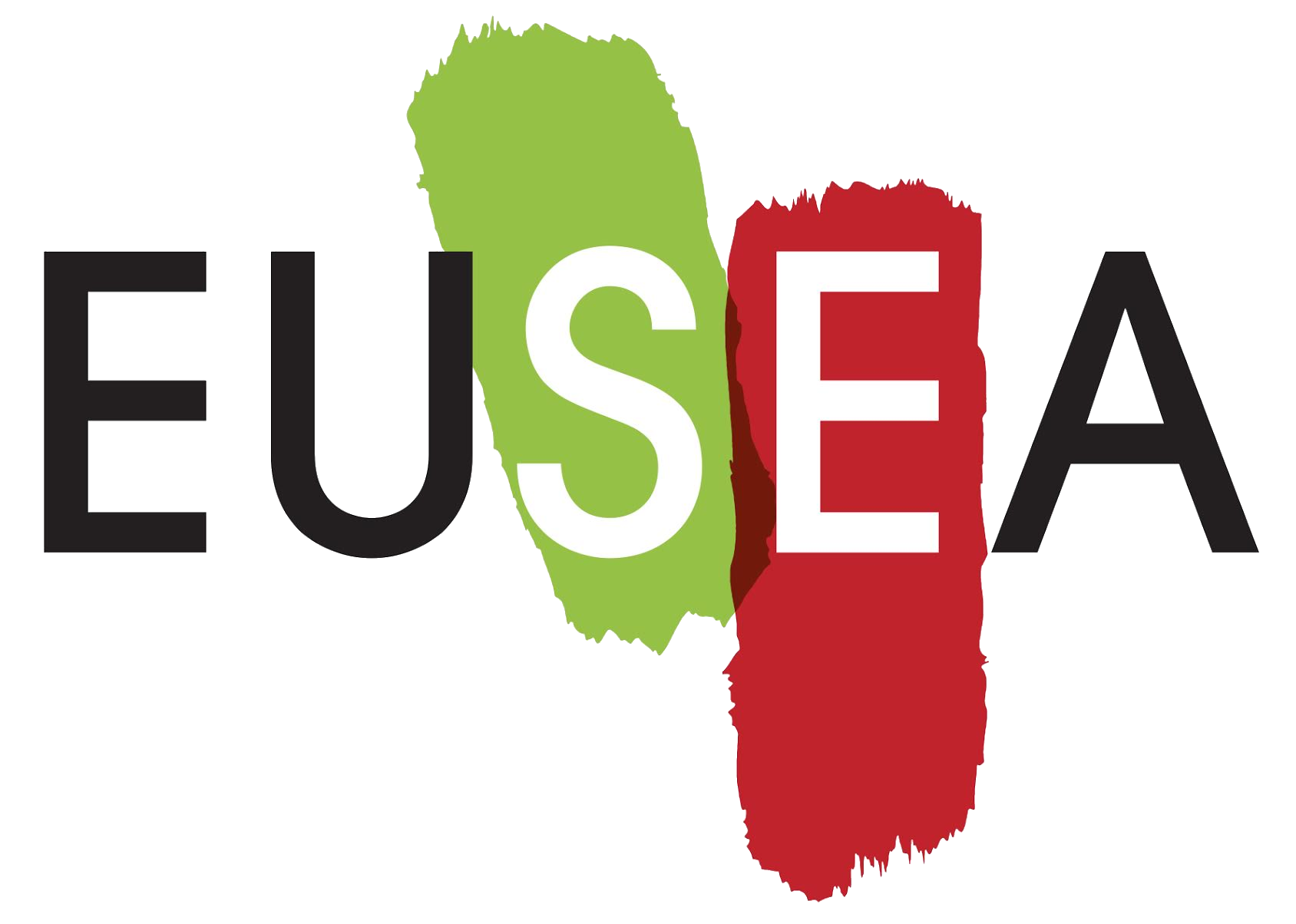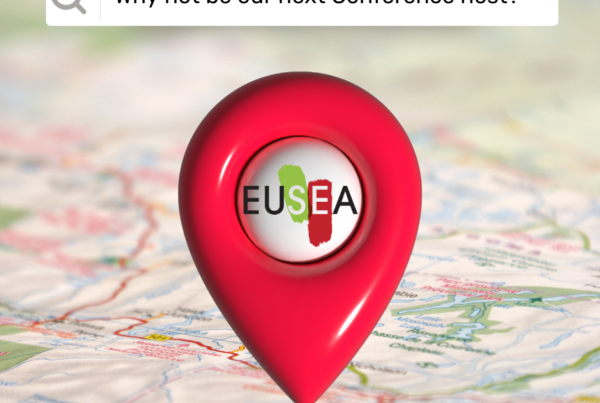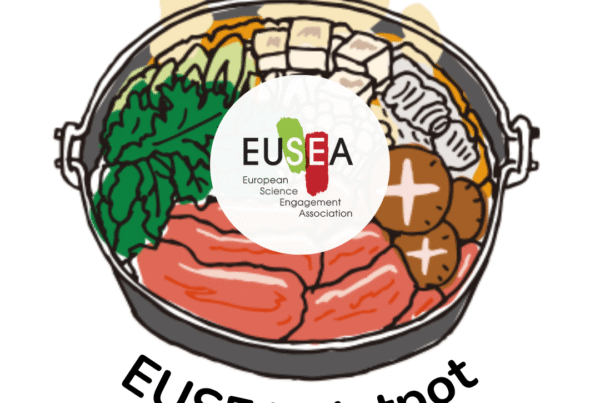What Role Does Social Media Play in Science Communication Today?
Date: Wednesday, 26th November
Time: 12:30- 14:00 CET
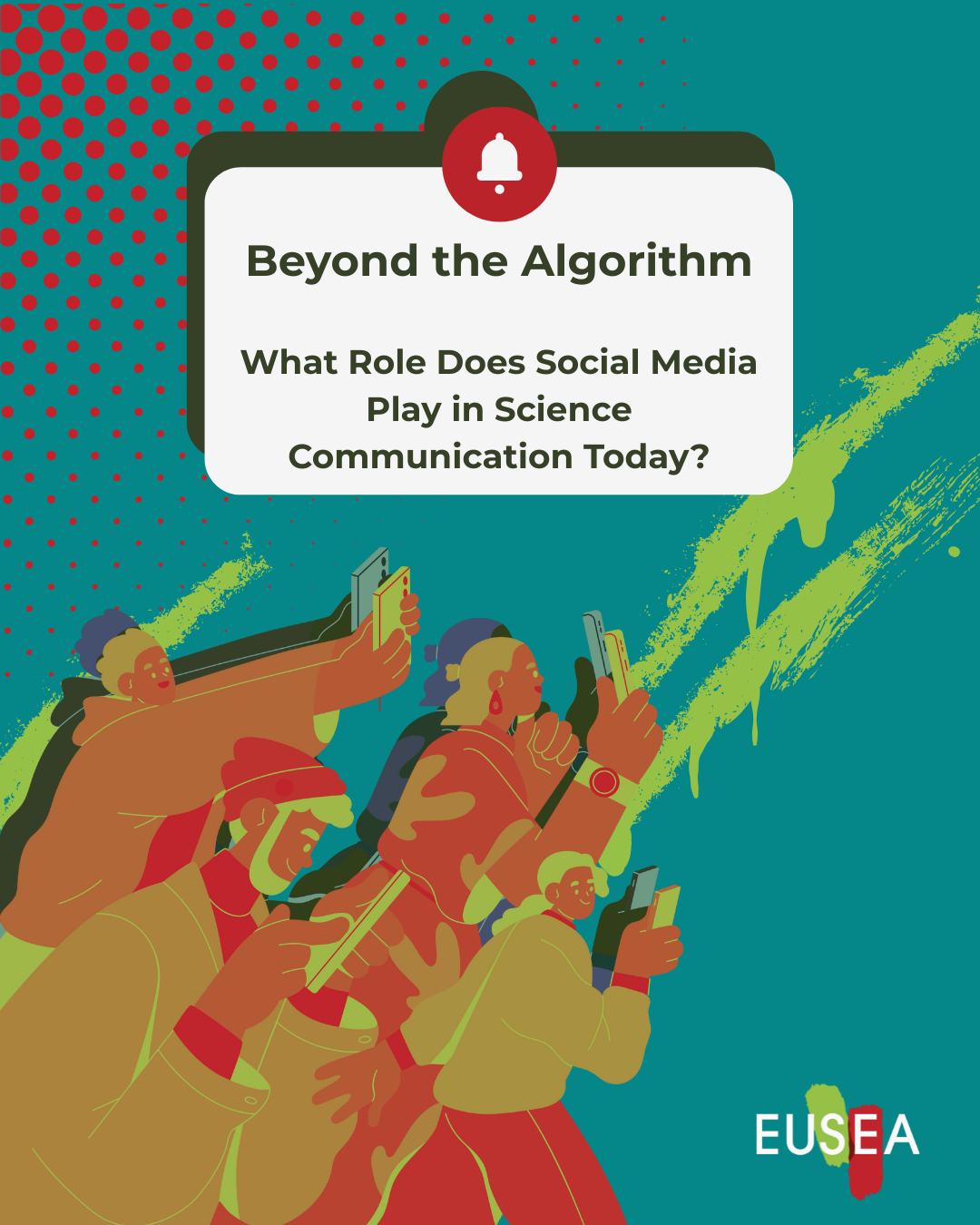
This session asks:
- How has the social media landscape changed, and how has this impacted the way people engage with science content?
- How can communicators and researchers build and learn from social media influencers and content creators?
- What methods can we use to better engage with online audiences, and how can we compete for the currency of attention?
We’ll also explore key tensions:
- Should we specialise and cultivate a niche, or aim for content that resonates with the mainstream?
- Are these approaches truly mutually exclusive, or can skilled communicators effectively do both?
- What can we do to build a community that is inclusive across audiences of all kinds?
- Do we need to force engagement, or is there a way we can connect more organically?
Join us as we reflect on how to adapt, evolve, and continue using social media for the public good, despite its shifting terrain.
Who is in the kitchen?
Rebecca Wilson
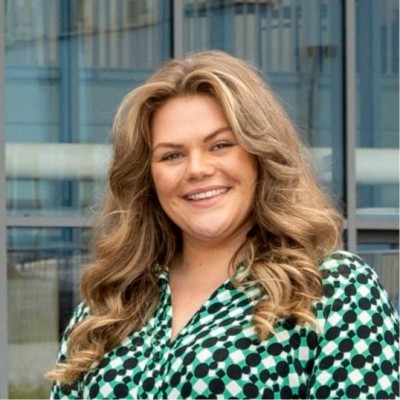
Rebecca Wilson – Director of Research, Policy and Education – The Rediscovery Centre
Rebecca Wilson is Director of Research, Policy, and Education at the Rediscovery Centre, Ireland’s National Centre for the Circular Economy. She previously worked at Research Ireland, where she played a pivotal role in strengthening the national research landscape through strategic public engagement, cross-sector collaboration, and evidence-informed policy development.
Rebecca has led flagship national initiatives, including Science Week and Creating Our Future, building strong connections between researchers, policymakers, industry, and communities to ensure research delivers meaningful societal impact.
Passionate about making complex ideas accessible and relevant, she has a proven track record of translating research insights into actionable policy recommendations. In her current role, Rebecca applies this expertise to advancing sustainability goals, fostering innovation, and supporting Ireland’s transition to a more resource-efficient, circular economy.
Heather Doran
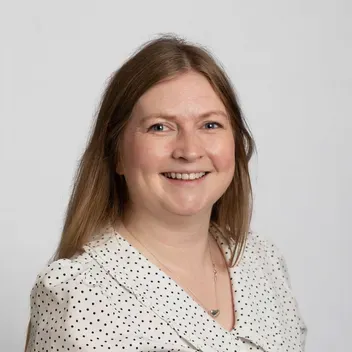
Heather Doran – Public Engagement Manager – University of Dundee
Heather Doran is the Public Engagement Manager at the Leverhulme Research Centre for Forensic Science, University of Dundee. She joined the Centre soon after it was established and led the creation of the Public Engagement Strategy. The Centre was recognised in 2019 with a Gold Award from the National Coordinating Centre for Public Engagement. The Centre engages with multiple audiences, including members of the public, schools and all parts of the justice system, through a variety of methods including publications, virtual games, experiences and classroom sessions. The Centre has contributed to science festivals around the UK and publishes a popular podcast (Inside Forensic Science).
Heather is an elected member of the international Public Communication of Science and Technology (PCST) committee and is the Programme Chair for the PCST Network 2025 which will take place in the UK for the first time. In 2015/2016 she was awarded a Winston Churchill Memorial Trust Travel Fellowship on the communication of science travelling to the USA, Japan and China to explore how major research institutes and individual researchers help foster online engagement through social media. Previously she was the Science Editor for The Biochemist. Heather began her involvement in public engagement during her PhD in molecular pharmacology at the University of Aberdeen when she was Editor and co-founder of Au Science Magazine.
Sam Van Gele
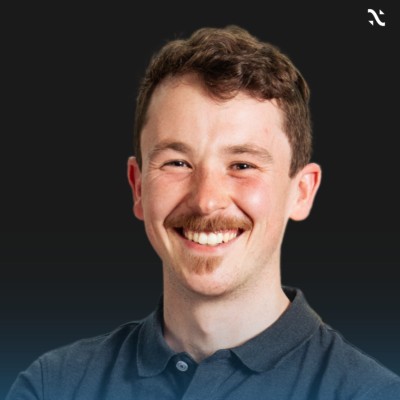
Sam Van Gele – Max-Planck Institute for Solid State Research
Samuel Van Gele is a doctoral researcher at the Max Planck Institute for Solid State Research in Stuttgart, Germany. His research focuses on developing and understanding the next generation of nanoporous materials for the catalytic electroreduction of carbon dioxide, aiming to find sustainable solutions to the climate crisis. Beyond the lab, he is a dedicated science communicator, creating interactive formats to engage children, students, and the public in meaningful discussions about science, the future and society. He believes in breaking down barriers to scientific knowledge and inspiring future generations to explore STEM.
